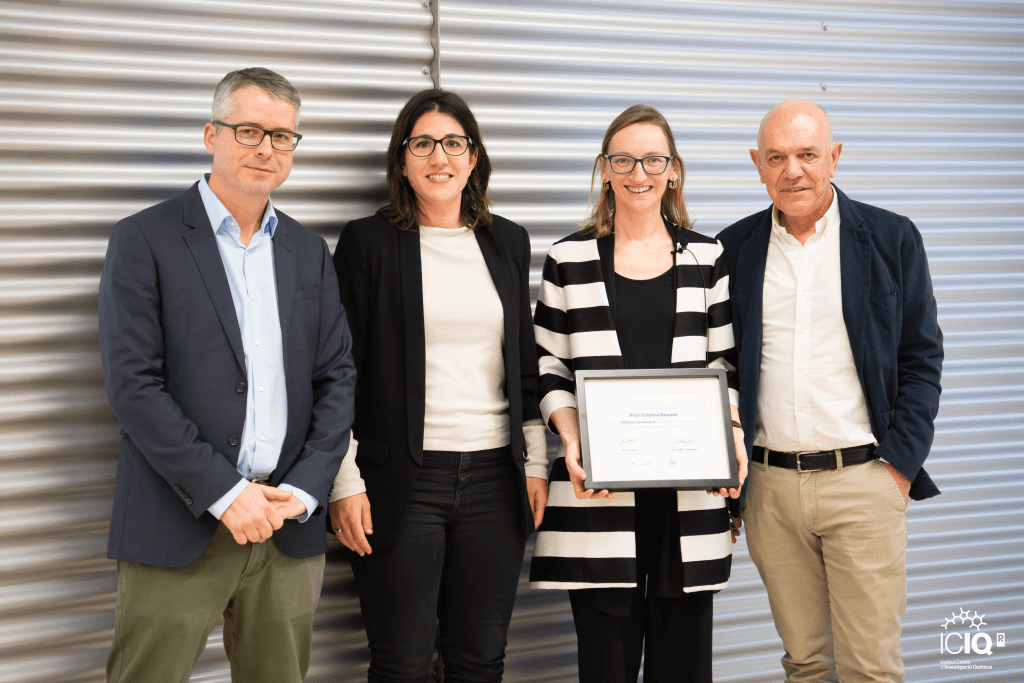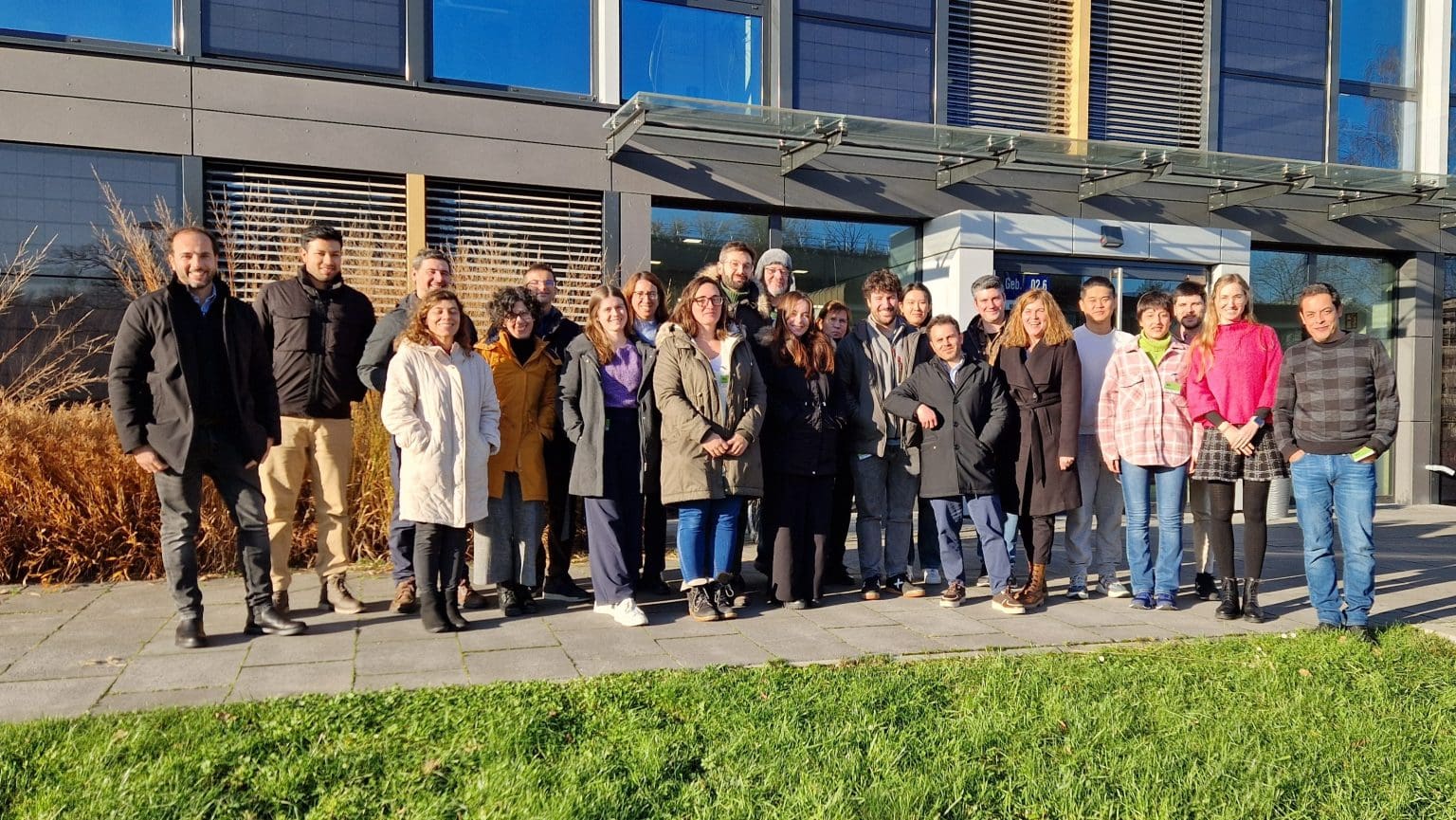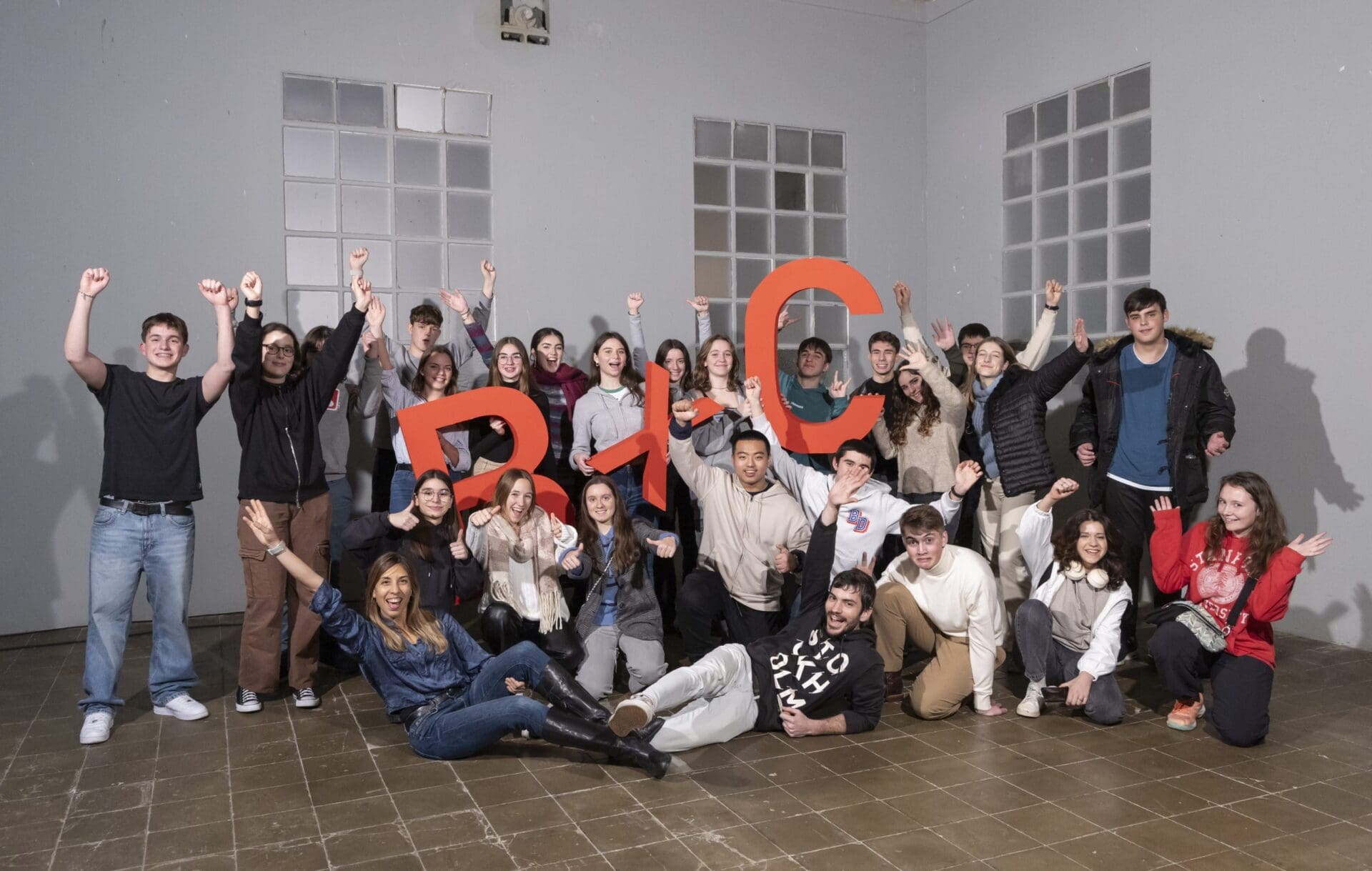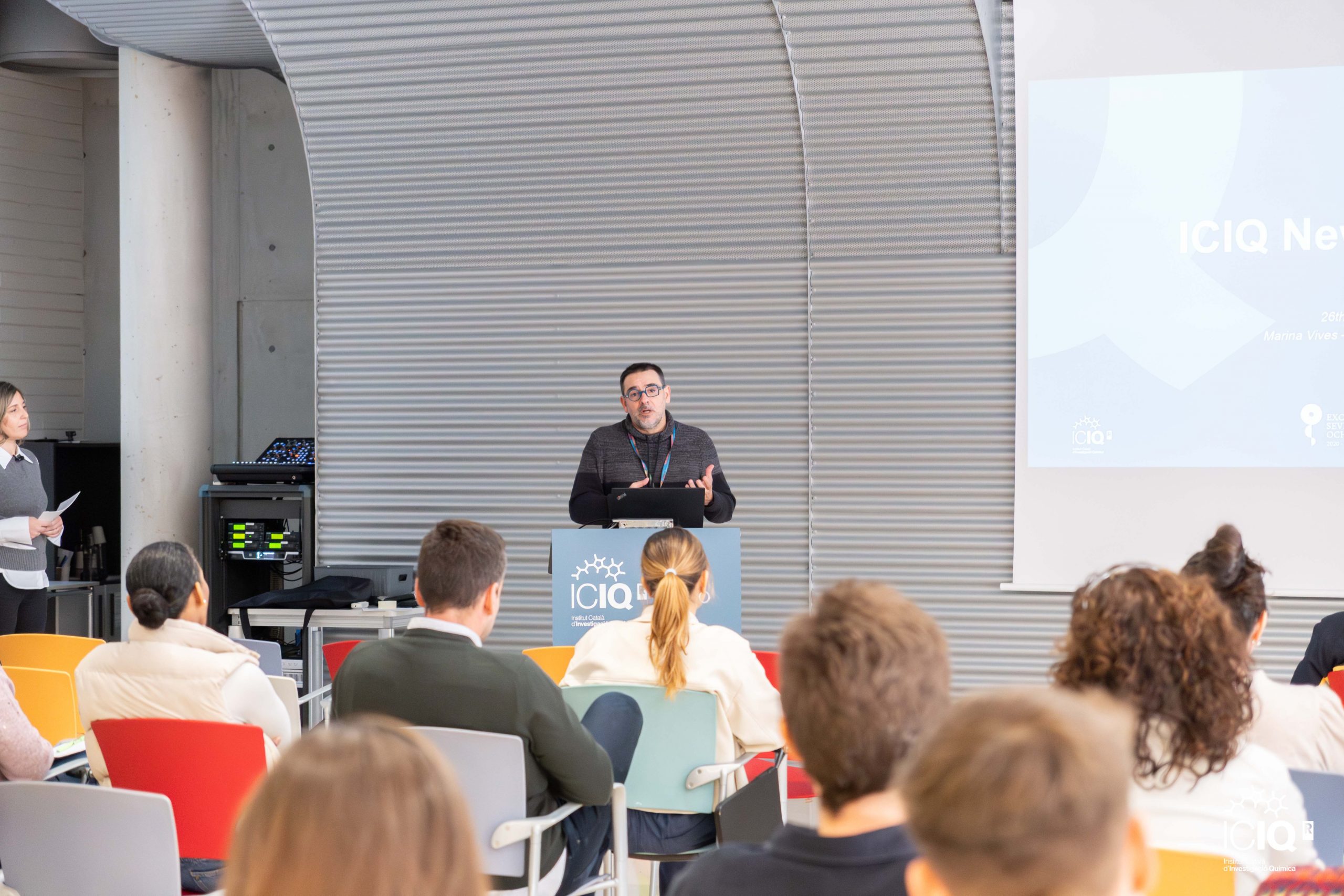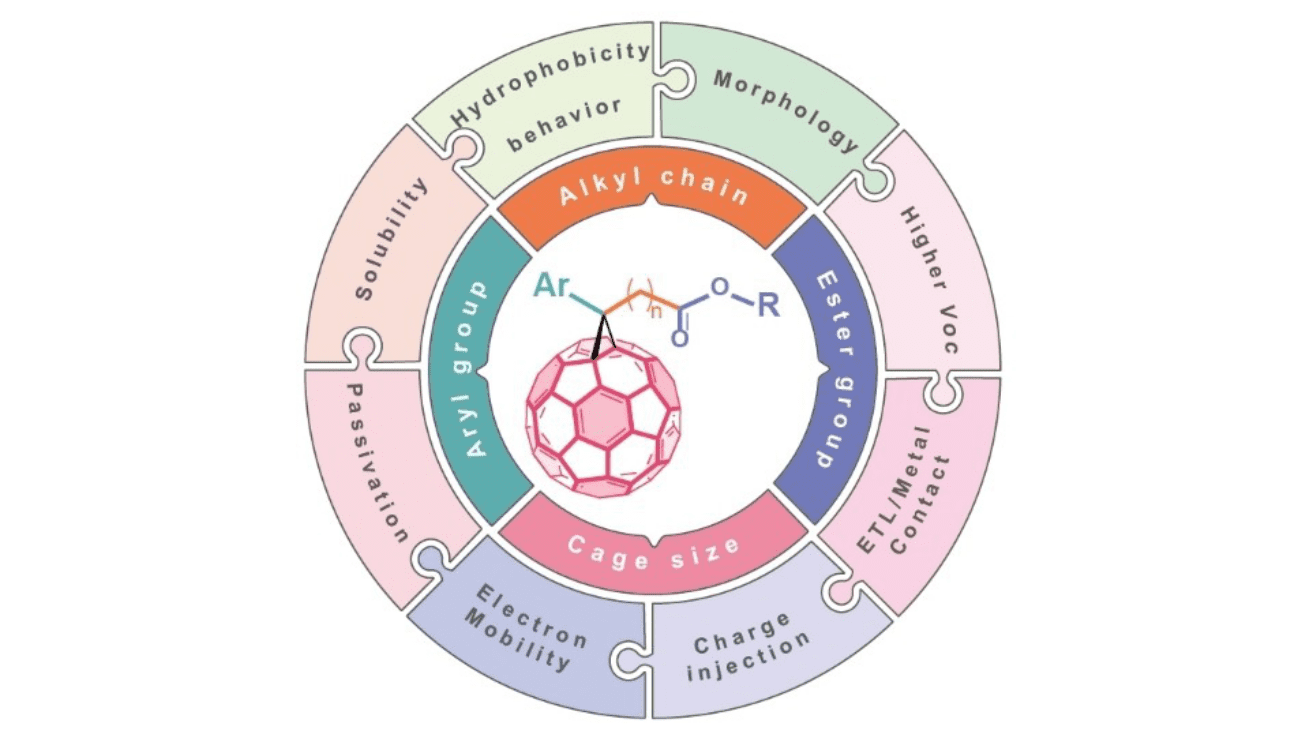Eight postdoctoral researchers awarded with the MSCA fellowship programme to join ICIQ
The Marie Sklodowska-Curie Actions Postdoctoral Fellowships programme (MSCA-PF-2023) for the year 2023 has successfully awarded eight postdoctoral researchers to start working at ICIQ thanks to this highly competitive grant, with a total endowment of more than 1 M EUR.

The MSCA-PF initiative specifically targets PhD holders aiming to conduct their research abroad, acquire new skills, advance their careers, and gain diverse experiences in other countries, disciplines, and non-academic sectors.

The fellowships granted provide the opportunity for researchers to relocate from any country worldwide to Spain. Out of the eight fellowships awarded, four researchers have already commenced their work at ICIQ:
João Gonçalves (Dr. Katherine Villa): TherMotors – Development of Advanced Thermometric Nanomotors.
The project integrates self-propelling photoactive nanomotors with lanthanoid-doped nanocrystals, creating advanced nanodevices that move under UV stimulation and enable precise temperature measurement in the surroundings using IR excitation. This achieves a significant scientific breakthrough, allowing remote temperature measurement on a small scale with targeted control.
Alessa Rolka (Prof. Marcos García Suero): LateFun Late-stage photocatalytic functionalization of alkenes and 1,3-dienes
Aims to create new chemical space by developing a first-in-class methodology for the incorporation of a highly versatile functional handle via the LSF of alkenes and 1,3- dienes, whose well-established subsequent transformations will allow for the rapid assembly of diverse structures. Applying this innovative protocol to the LSF of complex natural products and drug molecules will be of great importance and impact, going beyond the current state of art.
Zhong Liu (Prof. Rubén Martín): FLUOR-DIOX – Migratory 1,n-fluoroalkylcarboxylation of non-activated alkenes via dual photoredox/ Nickel catalysis
This project will explore the ability to introduce both fluorinated fragments and CO2 at an unsaturated hydrocarbon via dual photoredox/nickel catalysis with a predictable selectivity pattern. Such a transformation constitutes an unrecognized opportunity in chain-walking scenarios for introducing, at will, fluorinated fragments and carboxylic acid functions in a dual, yet modular, site selective manner.
Bowen Li (Prof. Marcos García Suero): Chiral-Beta – Asymmetric carbyne catalytic transfer to streamline synthesis of chiral β-amino carbonyls
Chiral-Beta aims to develop an innovative technology to rapidly construct chiral β-amino carbonyl derivatives with feedstock and fine alkenes as well as with complex drug molecules/natural products based on a Rh-catalyzed asymmetric carbyne transfer platform. A key strength of this conceptually new and multidisciplinary proposal is the introduction of a secondment phase in Novartis (Basel) to explore real-life applications.
The four fellows that will join ICIQ in the upcoming months, are:
Davide Rigo (Prof. Arjan W. Kleij): IMPULSE – Isopropenyl esters (iPEs) as building blocks for the synthesis and recycling of renewable polyethers with tunable properties
The IMPULSE project aims to develop novel strategies for the catalytic synthesis of renewable polyethers featuring tunable properties using isopropenyl esters (iPEs) as biobased and inexpensive precursors. The key polymerization strategy that is used entails ring-opening polymerization (ROP) through proper activation of iPEderived oxides using Host-developed catalysts with known potential.
Ruggero Bonetto (Prof. Julio Lloret Fillol): HARVEST – Harnessing Ammonia Reactivity Via PhotoElectrochemical Splitting by Molecular CaTalysts
HARVEST aims to advance our understanding of the ammonia oxidation reaction (AOR) by designing molecular catalysts for efficient NH3 splitting. With only incipient progress made in AOR molecular catalysis, HARVEST will systematically target new iron and manganese catalysts for the AOR. These will be integrated into dye-sensitized (photo)electrochemical cells (DSPEC) for solar conversion.
Geetika Gupta (Prof. Julio Lloret Fillol): PROMINENCE – Photoelectrochemical CO2 Reduction with Surface Immobilized Mn-NHC Complexes
The project will be implemented by a multifaceted approach involving synthesis, characterisation, catalysis, and computations and further enriched by the immobilisation of the catalyst on the semiconducting metal oxide surface to produce a suitable photocathode for PEC reduction of CO2. We anticipate that this approach will deliver catalysts with a lower overpotential while maintaining the exceptional activity of the catalysts (TON, TOF, FE, QY).
Lulu Li (Prof. Núria López): ADAMox – Analysis of Dynamics and Amorphization of Metal Oxides (MOx)
ADAMox aims to uncover vital structure-activity relationships, offering theoretical guidance to advance high-performance catalysts. Key objectives include understanding the formation of disordered/amorphous ensembles on MOx surfaces, exploring structure-activity relationships in catalytic reactions, and developing a universal operando simulation workflow for thermos/electro-chemical catalytic systems. The interdisciplinary approach integrates computational chemistry, machine learning, and experimental techniques, enhancing the fundamental understanding of heterogenous catalysis.

Related news

Let's create a brighter future
Join our team to work with renowned researchers, tackle groundbreaking
projects and contribute to meaningful scientific advancements






 11-12-2024
11-12-2024 
